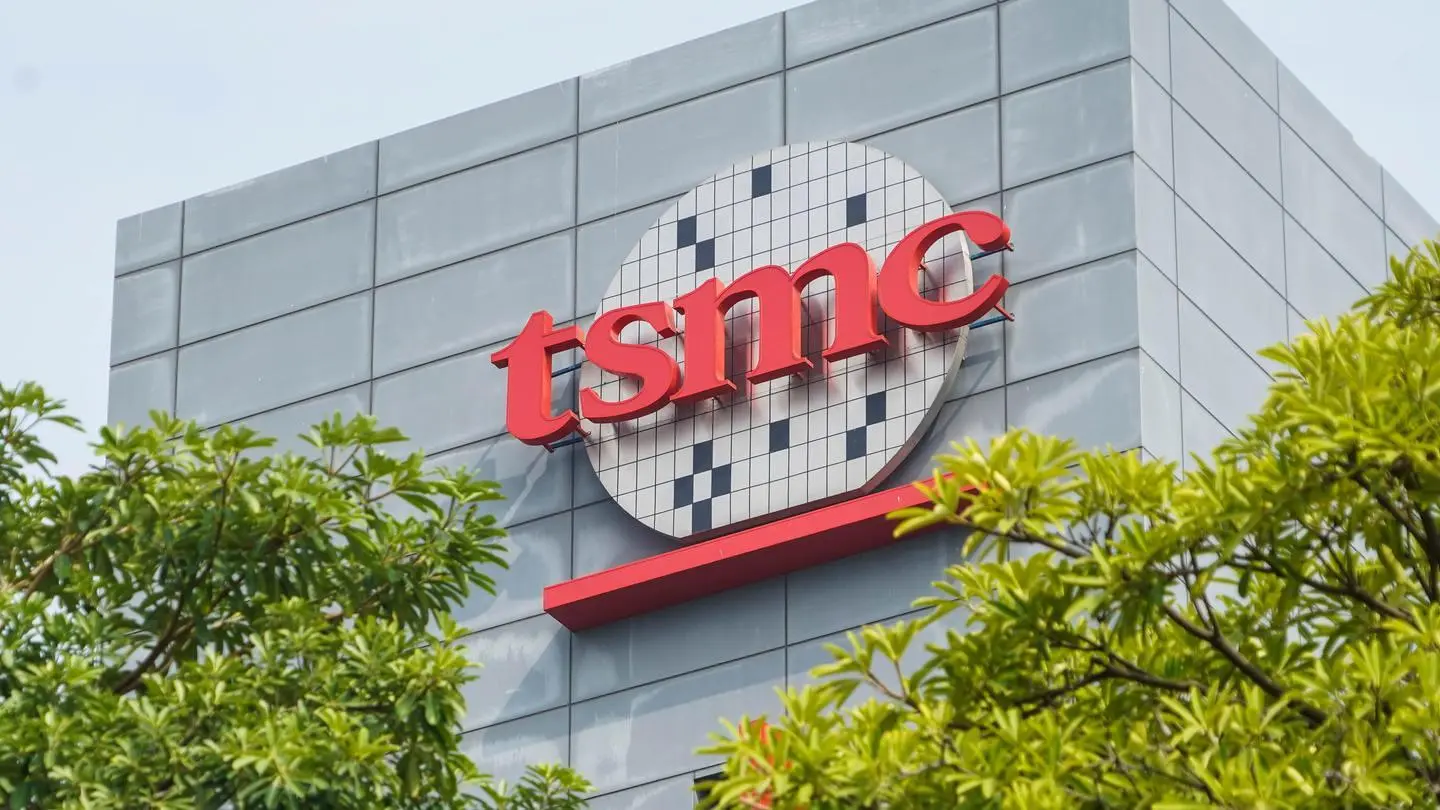Just before TSMC’s 2nm node ramps up mass production in 2H25, the foundry fired multiple employees and launched legal action over suspected leaks of sensitive data. According to Economic Daily News and Liberty Times, the case is highly sensitive—not only because it involves the world’s most advanced process—but also because the former staff in custody was working for Tokyo Electron (TEL), a key TSMC equipment supplier closely linked to Rapidus, Japan’s state-backed 2nm challenger.
TEL’s latest earnings show Taiwan made up about 20% of its sales in the past two quarters—its second-largest market after China—with TSMC undoubtedly as a major customer.
That dual role makes the situation especially delicate: a close collaborator of TSMC, yet closely tied to one of its emerging rivals. The Economic Daily News reports TSMC, when asked to comment yesterday, made no mention of either TEL or Rapidus—highlighting the unusual nature and gravity of the case.
Incident Strikes Amid Rapidus’ Critical 2nm Timeline
The Economic Daily News reports that TSMC recently uncovered suspicious activity involving employees repeatedly accessing confidential 2nm data—each login lasting exactly three minutes. This unusual pattern triggered internal surveillance, revealing they accessed the system from home and secretly photographed sensitive information using smartphones, the report adds.
Notably, the report suggests that among those involved were three employees from TSMC’s 2nm pilot line at Fab 20 in Baoshan, Hsinchu. Hundreds of photos were reportedly passed to an equipment engineer at Tokyo Electron, a former TSMC staffer closely connected to current R&D teams. As the Economic Daily News reported, Baoshan fab will be one of TSMC’s first 2nm production sites, with its initial capacity fully booked by Apple.
In the meantime, Japan’s Rapidus just hit a key milestone on its path to 2nm mass production by 2027, as it announced on July 18 that prototyping has begun for its 2nm gate-all-around (GAA) chips at the IIM-1 foundry in Chitose, Hokkaido. The company also confirmed that initial test wafers have entered electrical testing, as per its press release.
As per Commercial Times, as TSMC already holds a dominant lead at the 3nm node, its shift to the GAAFET architecture at 2nm has raised the stakes. For rivals like South Korea’s Samsung and Japan’s Rapidus, the 2nm node offers a rare chance to leapfrog—making the timing of the leak case especially significant.
Commercial Times cites industry sources saying that although no single module or parameter can replicate a full production line, access to key yield optimization data by R&D staff could greatly speed up a competitor’s mass production—highlighting the leak’s seriousness and potential impact.
TEL’s Connection with Rapidus and Japan’s Chip Ambitions
According to Storm Media, Japan’s semiconductor industry is undergoing a strategic realignment. Rapidus is forging an alliance of top-tier Japanese players—including Tokyo Electron, SCREEN Holdings, Kioxia, and JSR—with backing from the government and U.S. tech partnerships led by IBM. The aim is to build a supply chain independent of Taiwan, South Korea, and China—clearing a path for Japan’s semiconductor revival, the report adds.
As noted by CSIS (Center for Strategic & International Studies), Rapidus is led by seasoned veterans—Chairman Tetsuro Higashi, former CEO of Tokyo Electron, and President Atsuyoshi Koike, previously head of Western Digital Japan. Its shareholders include Japanese giants like Toyota, Sony, NTT, Kioxia, SoftBank, and Mitsubishi UFJ Bank—many reportedly expected to become its first customers.
Regional Competitors Join China in Targeting TSMC Tech
Recent investigations reveal a broader pattern of technology theft targeting TSMC. According to Liberty Times, the 2nm data leak may be just the tip of the iceberg—Taiwan’s National Security Council and High Prosecutors Office are investigating 7 to 8 similar cases from the past two months alone.
What’s particularly striking is the common thread: as per Liberty Times, many involve Japanese and South Korean equipment firms, suggesting TSMC’s cutting-edge technology has become a target not just for China, but increasingly for regional competitors amid rising geopolitical tensions.



